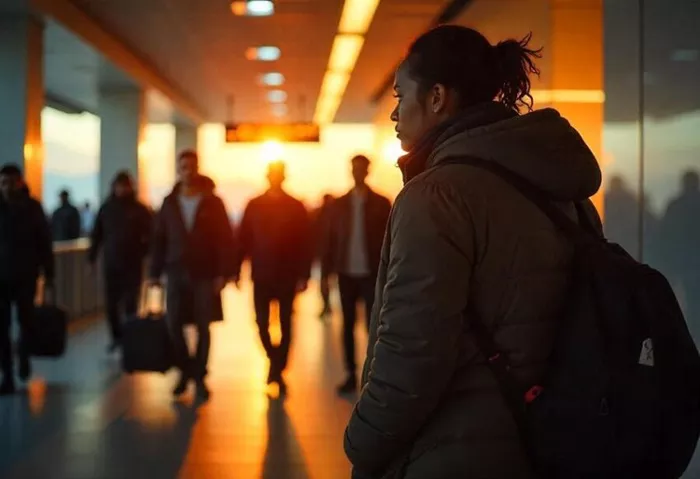The United States has imposed a strict travel ban targeting Caribbean Citizenship by Investment (CBI) programs in Antigua and Barbuda, Dominica, Grenada, Saint Kitts and Nevis, Saint Lucia, Saint Vincent, and Barbados. This action responds to concerns over passport security, identity verification, and high rates of visa overstays by nationals of these countries. U.S. officials also criticized these nations for insufficient cooperation with immigration enforcement. If the countries fail to fix these issues within 60 days, their citizens could face severe restrictions or suspension of U.S. visa access. Such measures would likely hurt tourism, investment, and business relations in the region.
A recent U.S. Department of State memorandum outlined the key problems leading to this move. It highlights weaknesses in passport and identity controls, poor repatriation of deported nationals, and lax immigration enforcement. The memo did not specifically name the seven countries, but it fits a broader U.S. effort to tighten travel rules for nations seen as high-risk or non-compliant with immigration standards. Similar restrictions have already affected countries like Haiti, Cuba, Venezuela, and Sierra Leone.
The ban puts significant pressure on smaller Caribbean nations that rely heavily on CBI and Citizenship by Descent (CBD) programs for economic growth. These programs attract wealthy investors, generate jobs, and support vital industries such as tourism and education. Limiting visa access to the U.S. could disrupt these sectors, slowing economic progress and reducing international investment opportunities.
Critics warn that the U.S. policy could disproportionately damage these economies by restricting the flow of tourists and investors. They argue that the move may undermine the survival of many Caribbean countries that depend on open travel ties for their development.
The U.S. government has increasingly expressed concern that global citizenship programs might be exploited to bypass standard immigration rules. This travel ban reflects a broader shift toward stricter immigration controls and enhanced national security priorities. The affected Caribbean governments now face a crucial 60-day period to implement reforms to meet U.S. standards, especially in passport security and immigration cooperation.
How these nations respond will shape their future relations with the U.S. and influence the global outlook on citizenship programs. The outcome may also set a precedent for how other countries with similar investment-based citizenship schemes are treated going forward.
As the deadline nears, Caribbean governments must act quickly to protect their citizens’ ability to travel and maintain strong ties with the United States. The stakes are high, and the decisions made now will impact tourism, investment, and diplomacy in the region for years to come.
Related Topics
- Top 7 O-1 Visa Lawyers for Extraordinary Talent
- How to Check Your Spouse Visa Status: A Comprehensive Guide
- How to Check Your U.S. Immigration Record: A Step-by-Step Guide


